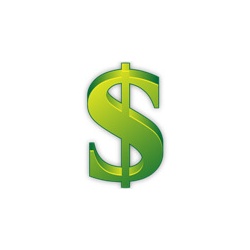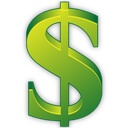
"Why have my property taxes gone up?"
(A number of people who filled out the City of Decorah's public survey complained that property taxes have gotten too high. One reason for their comments might be the latest property tax bills. Jim got his bill, then e-mailed Mr. Answer Person: "Everyone has been receiving their real estate tax notices recently. My own property taxes for the coming year are up about 11 percent. Increases of 9 to 11 percent are the norm for residential classed properties in Decorah. What is causing this?)
Mr. Answer Person says there are three calculations used to determine your property tax: 1) the total assessed value of your property; 2) the net assessed value of your property after credits, most notably the residential rollback, have been applied; 3) the property tax rate.
Let's talk about the total assessed value of your property first. Every two years (in years ending in an odd number) the State of Iowa requires counties to recalculate the value of properties, using figures from the sale of similar properties during the past year. This "equalization year" tries to readjust property values within 5 percent high or low of market values. In other words, if you've owned a house that has been valued at $275,000, but similar houses down the street have been selling for $300,000 in the past year, your assessed value might go up to $294,000.
Next, let's talk about the taxable value of your property. Property taxes are NOT levied based the figure determined to be the market value from your assessor. Each year the State of Iowa announces a "residential rollback" figure. In 2011 the taxable value was 50.7 percent of market value; in 2012 that figure was 52.8 percent; and in 2013, that figure was 54.40 percent. The higher the percentage, the higher your tax will be, so we're all getting higher net taxable values on the property we own.
The previous 10 or 15 years the rollback favored residential properties, but that trend has changed. The cause is mainly due to rapidly growing agricultural land values, which are tied to the formula for the calculation of rollbacks.
Finally, let's talk about the property tax rate. It's the figure most people are familiar with, but, as you can see, it is just one of three factors determining your property tax bill.
In the City of Decorah, the city council for many years approved a property tax rate that did not increase. Just because the levy rate didn't increase didn't mean local governments didn't receive more property tax money. If there is more taxable value, then the same levy rate produces more revenue. Individually, your own property tax bill would increase if your net taxable property value increased—even if the property tax rate stayed the same.
This year the Decorah City Council has passed a property tax rate that is going up by 47 cents per $1,000 of assessed valuation—primarily to cover the cost of a new fire truck and of the Highway 9 sewer and water project.
Of course, the city's property tax rate is just part of the overall property tax rate. The largest portion is the school district's property tax rate. There's also the county's property tax rate, NICC's property tax rate, WMC's property tax rate, etc.
So there you have it—the reason why your property tax bill may have gone up 11 percent. Remember for future property tax bills that there are THREE figures that affect your bill—not just the property tax rate, but the total assessed value and taxable value of your property.
Site designed and maintained by Iroc Web Design Services©.
Your Small Business Web Design Solutions.™


